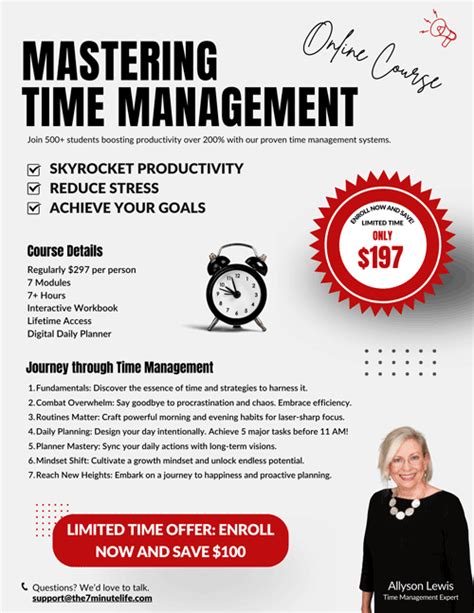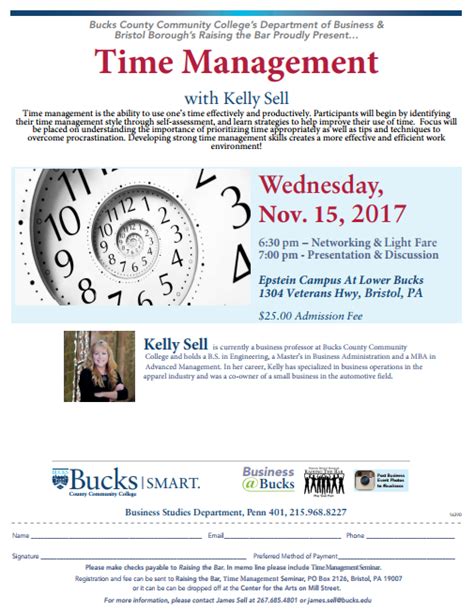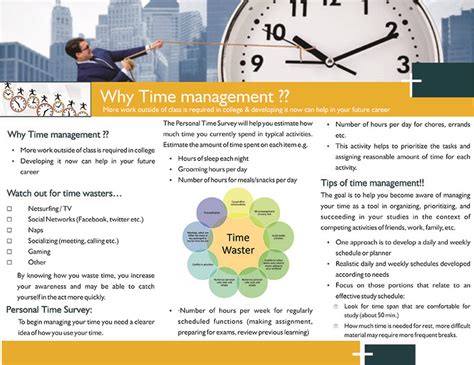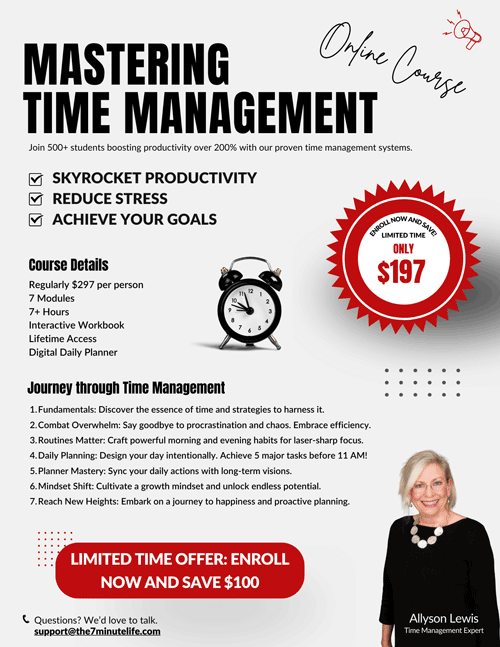Time management is a critical skill, especially for students juggling multiple responsibilities. While there are countless strategies available, the reality of managing time effectively can often feel daunting, as if it’s only achievable by superhumans. However, mastering time management is within reach for everyone—even “mortals” like us. In this article, we’ll explore practical tools and methods tailored to help you efficiently manage your study time. From understanding the core principles of time management to addressing common challenges and implementing realistic strategies, this guide is designed to simplify the process. Whether you’re a student or a lifelong learner, these insights will empower you to take control of your time and achieve y
Discover the intricacies of this topic with hotigames.com
1. Understanding the Concept of Time Management for Mortals
Time management is often perceived as a skill exclusive to the highly disciplined, yet it’s a concept accessible to everyone. The notion of “time management for mortals” recognizes that not all of us possess the luxury of strict schedules or unwavering motivation. It acknowledges the inevitable imperfections and daily hurdles that arise when attempting to balance academic pursuits, work obligations, and personal life.
Time management isn’t about pushing yourself to an impossible standard of productivity. It’s about maximizing the time you have. This involves setting realistic goals, breaking down tasks into smaller, more manageable chunks, and accepting that some days will be more productive than others. Consistency and flexibility are key. Learn to adapt your approach when necessary, but always keep your long-term goals in mind.
This approach to time management emphasizes compassion and understanding. Setbacks are inevitable, so instead of striving for perfection, focus on consistent growth and finding strategies that best suit your individual needs. By acknowledging this, you can create a time management plan that is tailored to your specific circumstances, allowing you to stay on track without feeling overwhelmed.

2. Identifying Common Time Management Challenges
Managing time effectively can be challenging, particularly when juggling various responsibilities. One common obstacle is procrastination, the act of delaying tasks until the last minute, which frequently results in increased stress and diminished productivity. Distractions, both digital and environmental, also contribute significantly to disruptions in study time. Constant notifications from social media or interruptions from the surrounding environment make maintaining focus a difficult task.
Overcommitting, taking on more than one can realistically handle, presents another challenge. This can lead to burnout, as time constraints prevent full dedication to each responsibility. Moreover, without clear priorities, students often feel overwhelmed, struggling to determine where to begin or what to prioritize.
A common struggle for many students is the creation of unrealistic schedules. They often design plans that are overly structured and packed, leaving little room for flexibility in the face of unexpected events. These challenges can make time management feel overwhelming. However, by acknowledging and addressing these issues, students can start to develop time management strategies that effectively cater to their unique needs and lifestyles.

3. Effective Tools to Simplify Study Time Management
Effective study time management relies heavily on the right tools. Digital calendars, like Google Calendar or Outlook, are widely used. They enable you to schedule study sessions, set reminders, and visualize your entire week, simplifying time allocation for each task. Task management apps like Todoist or Trello are equally beneficial. They help break down large assignments into manageable tasks, track progress, and prioritize work according to deadlines.
Struggling to focus? Apps like Focus@Will or Pomodoro timers can be a game-changer. The Pomodoro Technique, with its short, focused work sessions interspersed with breaks, is a proven way to maintain concentration and avoid burnout. These tools promote structured work periods, making study time more productive and efficient.
Furthermore, note-taking applications like Evernote or Notion provide a single hub for managing study materials, crafting to-do lists, and establishing learning objectives. These platforms facilitate seamless access to your notes across multiple devices, guaranteeing preparedness regardless of location, be it at home or on the move.
Integrating these tools into your daily routine can streamline study time management, alleviate stress, and foster a more structured and focused approach to your academic commitments.

4. Practical Methods for Prioritizing Study Tasks
Effective time management hinges on prioritizing study tasks, allowing you to concentrate on what truly matters. One proven technique is the Eisenhower Matrix, which organizes tasks according to urgency and importance. This system enables you to distinguish between tasks demanding immediate attention, those that can be scheduled for a later time, and those that can be delegated or even discarded.
Prioritizing your tasks using the ABCDE method can significantly improve your study efficiency. This system categorizes tasks based on their importance, with ‘A’ tasks representing the most crucial and ‘E’ tasks being the least. By tackling ‘A’ tasks first, you guarantee that your valuable study time is allocated to the activities that will yield the greatest results.
Time blocking, a valuable technique, involves dedicating specific time slots within your day for distinct tasks. This method fosters focused attention on one task at a time, effectively preventing less significant tasks from dominating your schedule.
Finally, it’s vital to regularly review and adjust your priorities. As deadlines loom and circumstances evolve, remaining flexible and reevaluating your tasks ensures that your focus stays aligned with your most important goals.
5. Creating a Realistic Study Schedule
To effectively manage your time without feeling overwhelmed, a realistic study schedule is essential. Begin by evaluating your current commitments, including classes, work, and personal activities. This understanding of your daily time availability will enable you to allocate study sessions more accurately.
To make studying more manageable, break down your goals into smaller, specific tasks. Instead of a general “study for exam” entry, divide it into individual chapters or topics you need to review. This approach makes the task feel less overwhelming and allows you to track your progress more effectively. Additionally, be mindful of your personal productivity patterns. If your focus is sharpest in the morning, schedule your most challenging tasks for that time. Save less demanding work for when your energy levels naturally dip.
Building in buffer time between your study sessions is essential. This allows for flexibility to handle unexpected situations or take needed breaks without jeopardizing your progress. Remember, it’s more effective to start with a realistic schedule you can maintain rather than an overly demanding one that will lead to frustration.
Maintaining a balanced approach to your studies necessitates regular review and adjustment of your schedule. As deadlines shift and new tasks emerge, your schedule should adapt to reflect these changes, ensuring that you stay on track and maintain a balanced workload.
6. Balancing Study Time with Other Responsibilities
Juggling study time alongside other responsibilities demands meticulous planning and prioritization. Start by making a comprehensive list of all your commitments, encompassing work, familial obligations, social engagements, and personal well-being. Grasping the complete extent of your responsibilities enables you to allocate time realistically to each facet of your life.
Balancing study with other commitments is key. Integrate your study schedule with your work hours, for example, allowing time for both and ensuring you prioritize rest and relaxation. Establishing clear boundaries is vital to prevent one area from overshadowing the other. Communicate your study schedule to loved ones, letting them know when you need uninterrupted focus.
Furthermore, leverage multitasking for tasks that require less concentration. For instance, you can listen to recorded lectures during your commute or review notes during breaks at work. By remaining organized and adaptable, you can strike a healthy balance between your academic pursuits and other obligations, preventing feelings of being overloaded.
7. Adjusting Your Time Management Strategy for Long-Term Success
Juggling study time with other commitments demands meticulous planning and prioritization. Begin by creating a comprehensive list of all your responsibilities, encompassing work, family obligations, social activities, and self-care. Gaining a clear understanding of your complete responsibility landscape enables you to allocate time realistically to each aspect of your life.
A successful strategy for balancing study and other commitments is to integrate your study schedule with your existing routines. For example, if you work part-time, plan your study sessions around your work hours, ensuring you have dedicated time for rest and relaxation. Establishing clear boundaries is also crucial to prevent one aspect of your life from impinging on another. Inform family and friends about your study schedule so they understand when you need uninterrupted time to focus.
Furthermore, consider incorporating multitasking for less demanding tasks. For instance, you can listen to recorded lectures while commuting or review notes during work breaks. By staying organized and adaptable, you can achieve a harmonious balance between your academic pursuits and other obligations without feeling burdened.
Mastering time management is essential for achieving academic success while balancing other responsibilities. By understanding the challenges, utilizing effective tools, and implementing practical methods, you can create a study schedule that works for you. Remember to regularly assess and adjust your strategies to stay aligned with your goals and adapt to changing circumstances. With consistency, flexibility, and a realistic approach, you can efficiently manage your study time and navigate the demands of student life. Embrace these strategies to take c
hotigames.com
